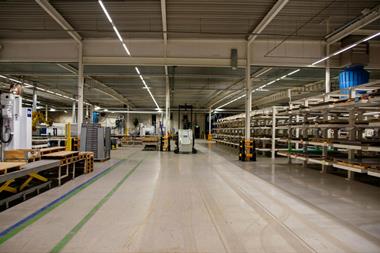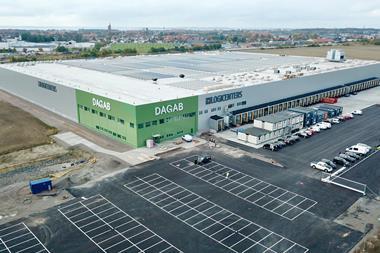Rising government bond yields in Italy could bring about a repricing of the country’s commercial real estate market, according to an economic research consultancy.
Capital Economics has warned that persistently high bond yields could lead to a sharper repricing than it had previously forecast.
Yields on 10-year government bonds rose above 3% at the end of May for the first time since 2014, “against a backdrop of increased political uncertainty”, the company said.
But while Capital Economics has previously suggested that short-term spikes in bond yields tend to have a limited impact on property yields, it is looking more likely that Italian 10-year bond yields will remain high.
“There are reasons to think that Italian risk-free rates are now likely to stay elevated rather than fall back to the 2% mark they traded at, at the start of the year,” Capital Economics said.
“While fears over a possible exit from the euro have receded, the government’s more confrontational approach to the EU is likely to continue. And given the country’s debt pile and likely fiscal loosening, a renewed bout of market uncertainty could easily materialise in October when the government submits its 2019 budget to the EU.”
The report by Hamish Smith, senior property economist, concludes that ”not only are prime property yields likely to have found a floor, but there is a risk that property yields rise more sharply than we are forecasting”.
In May, Capital Economics predicted interest rates across the eurozone to rise gradually from late-2019 and consequently said it did not expect “a sudden jump in property yields and large yield-driven falls in capital values”.
But today it concluded that the “recent spike in Italian government bond yields is likely to be sustained for the foreseeable future, increasing the risk of a sharper repricing for Italian commercial property than we are forecasting”.
BNP Paribas Real Estate published a report this week showing that €1.7bn of Italian commercial real estate was traded in the second quarter, and €3.2bn had changed hands during the first six months of the year.


















